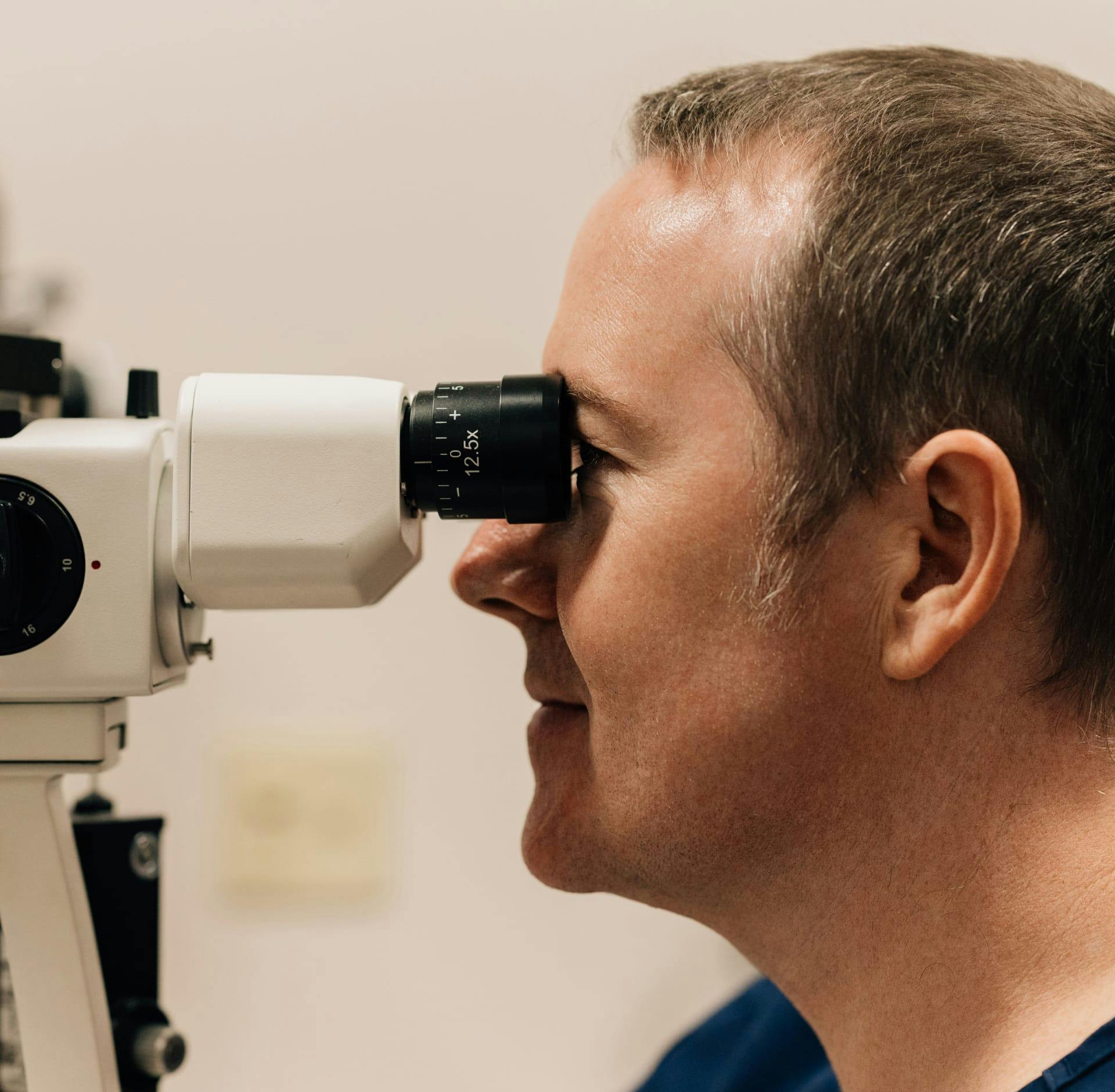Early detection is the key to identifying and treating cataracts before they worsen and impact qualify of life. There are some warning signs that indicate you may be developing cataracts, or another eye condition or disease.
Surgery Risks & Recovery
As with any surgical procedure, cataract surgery has risks. During your initial consultation with our ophthalmologist, advise the surgeon of any medical conditions you have or medications you are currently taking. Certain medical conditions may inhibit the healing process or lead to complications. Inform us if you have had any other surgeries or other procedures on or near your eyes.
Your surgeon will provide aftercare instructions that are crucial to the healing process. The eyes will take up to two months to completely heal. Avoid rubbing or putting pressure near your eyes. Your surgeon may give you a special pair of glasses to protect your eyes from any dangerous bumps or scratches. Do not exercise or lift heavy objects as these can cause eyestrain. Keep your eyes clean and stay away from soap, dust, mold, mildew, or other contaminants. Apply all prescribed eye drops as Dr. Waring advises, as these drops aid in the healing process and help to ward off infection.








